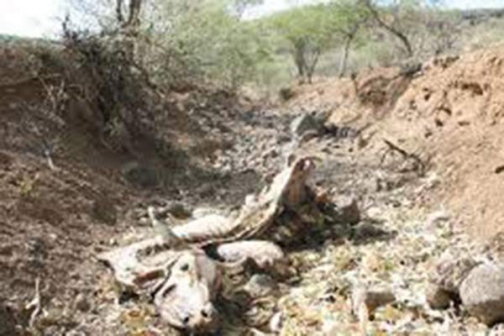
The world must laugh at us. Our leaders are suffocating in a wild jungle dance, nervously competing to register voters. It is a matter of life and death. For the past two weeks, Kenya’s political kingpins have been feverishly running amok in their tribal backyards, whipping up aboriginal sentiments, petitioning populations to register.
The Independent Electoral and Boundaries Commission (IEBC) kick-started the process in a fashion reminiscent of where the Christian Good Book says, “In those days, a decree went out from Caesar Augustus that all the world should be registered. And all went out to be registered, each to his own town (Luke 2:1).”